-
Robert Reid wrote a new post 6 years, 6 months ago
Robert Reid is charmed by The Rest is Drag at the Butterfly Club, a melodrama for our times
This is a soap opera at heart. With emphasis on “heart”.The Rest is Drag is a love story between a drag queen and […]
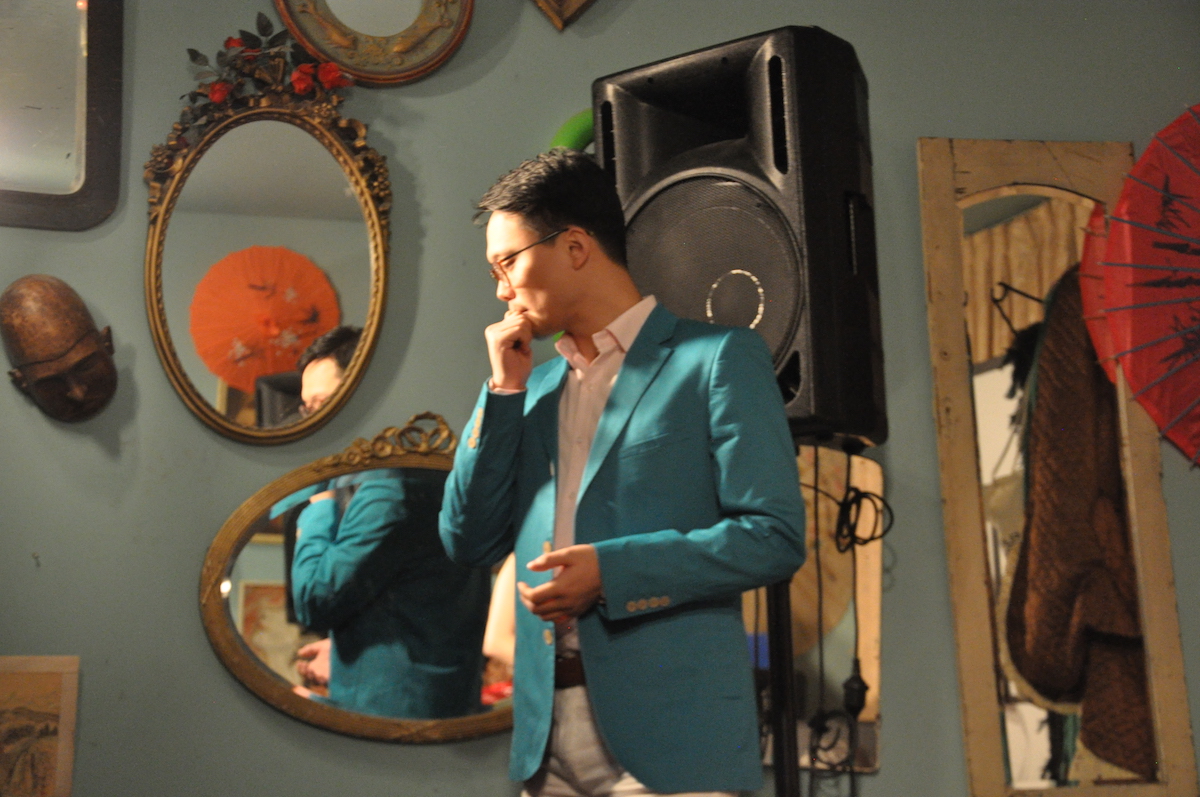
-
Robert Reid wrote a new post 6 years, 7 months ago
Robert Reid becomes a corporate monster in Isolate and Contain, interactive theatre that models what happens when the pandemic hits
The sky is falling.For the past three years, ArtsHouse in North Melbourne […]

-
Robert Reid wrote a new post 6 years, 7 months ago
A brilliant performance, a fascinating text, and yet…Robert Reid on Scaramouche Jones
A rope on poles is stretched across the stage of the Fairfax, struck at a jaunty angle to suggest a circus tent. Astroturf c […]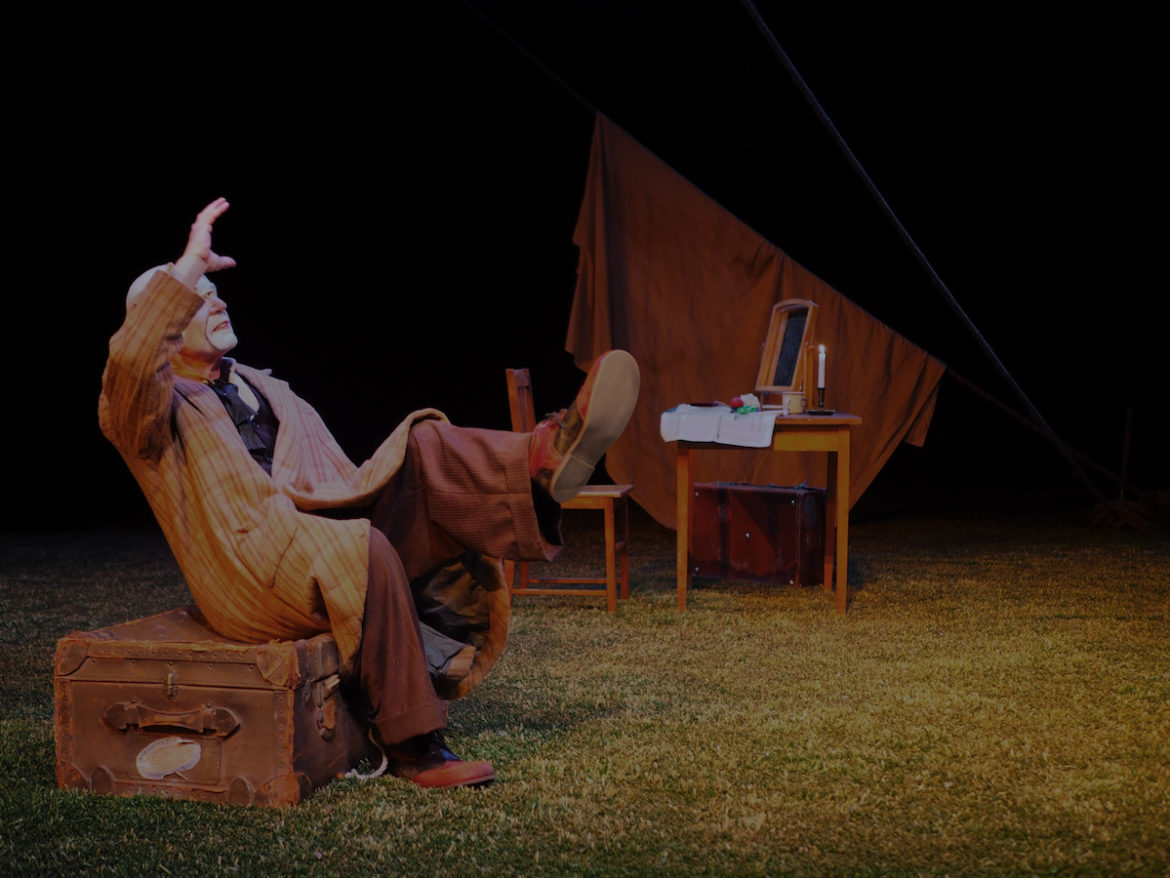
-
Robert Reid wrote a new post 6 years, 7 months ago
Robert Reid on Scott Gooding’s genre take on toxic masculinity in Robert In Crisis
The first time I saw Scott Gooding was in a monodrama with a genre theme. Pure Escapism at the Storeroom in 2000 took comic b […]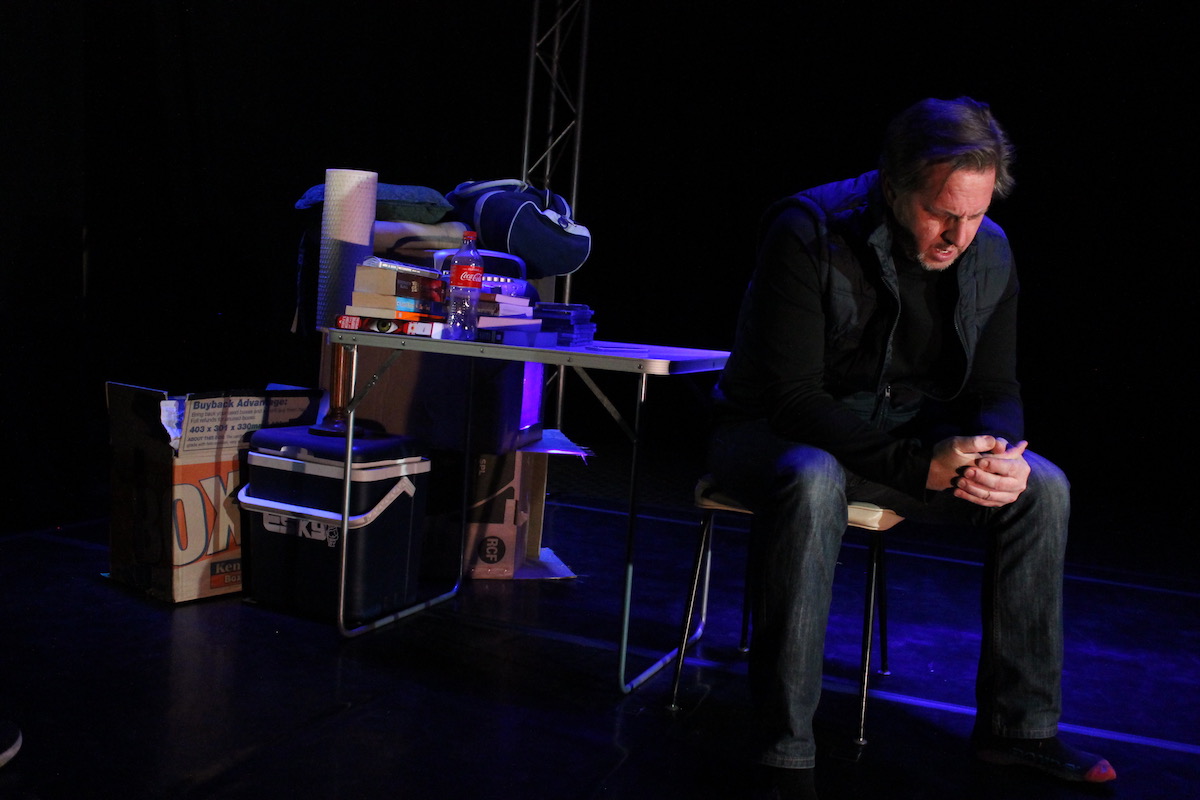
-
Robert Reid wrote a new post 6 years, 7 months ago
How do we talk about apocalypse? Robert Reid considers two recent shows that grapple with the end of the world: RUR_2020 and Oil Babies
Grant Morrison wrote recently that “the days of apocalyptic, nihilistic e […]
-
Robert Reid wrote a new post 6 years, 8 months ago
Charles Manson as the usher of 21st century psychosis: Robert Reid reviews Sneakyville
Just as Alan Moore’s From Hell presents Jack the Ripper as the midwife of the 20th century, Christopher Bryant and Daniel L […]
-
Robert Reid wrote a new post 6 years, 8 months ago
Robert Reid sees the Bloomshed’s The Nose, a contemporary take on Nikolai Gogol’s classic story
There is furious running. Theatreworks is in an almost bare blackbox state and Elizabeth Brennan, James Jackson and […]
-
Robert Reid wrote a new post 6 years, 8 months ago
The beginning of theatre as we know it
Video Histories: Episode 5.1: Witness historian Robert Reid looks at the beginning of the era of subsidised theatre. In this episode, he tracks the birth of the Melbourne […]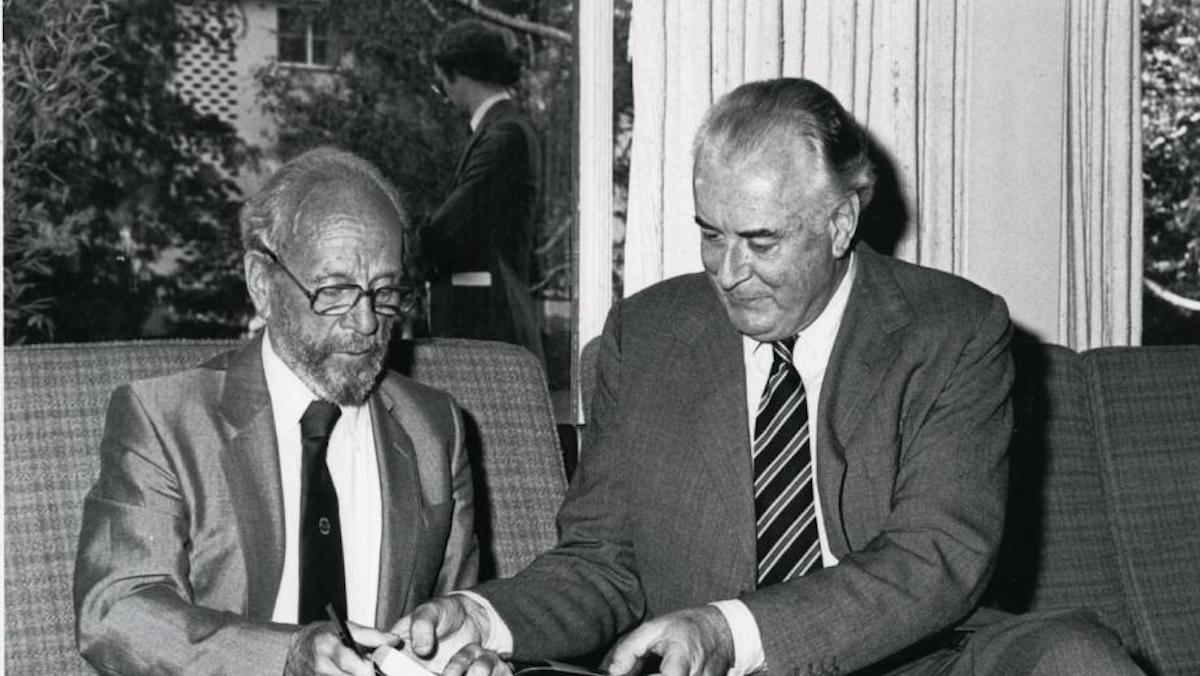
-
Robert Reid wrote a new post 6 years, 8 months ago
Robert Reid reviews Emilie Collyer’s Contest, an epic examination of relationships between women
In Contest, now on at Darebin Arts Speakeasy, the world created by writer Emilie Collyer and director Prue Clark i […]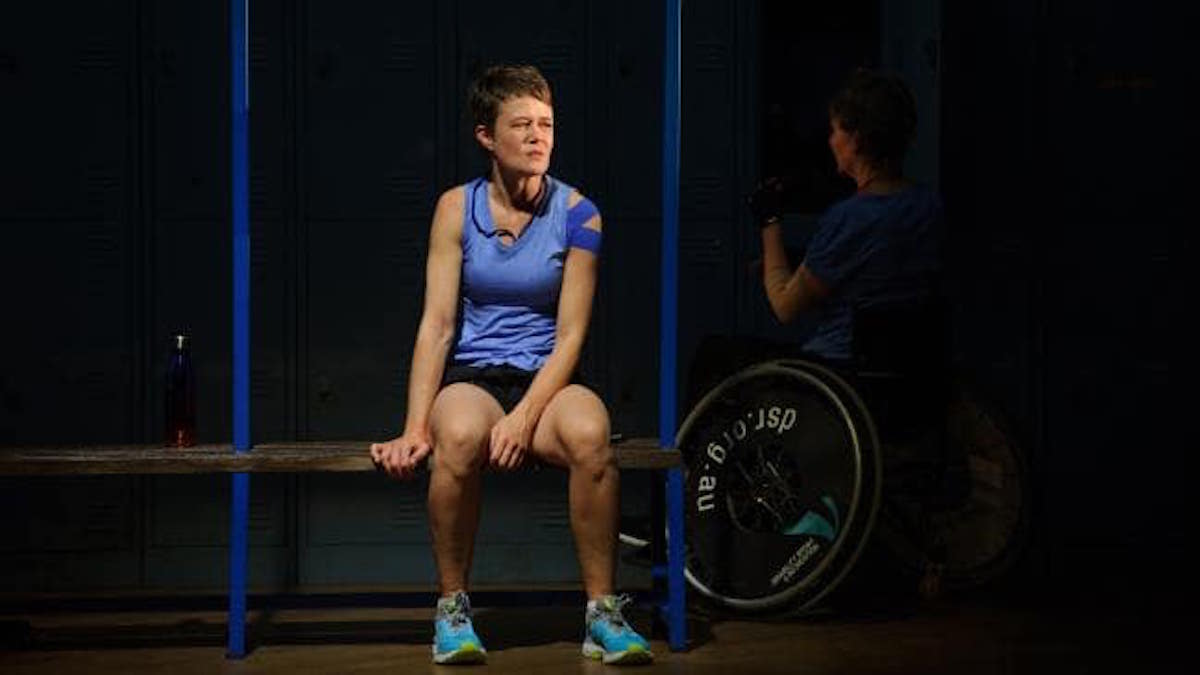
-
Robert Reid commented on the post, Uninstall/Reboot: Rethinking Australian arts 6 years, 8 months ago
Hey Alan
I think we agree mostly. I’m not a fan of the hierarchical structures baked into the theatre community that an actual National Theatre Company would represent the “pinnacle” of. I tend to think that hierarchical structures like national – state – local theatre companies are inimical to performance as a social practice. They serve…[Read more]
-
Robert Reid wrote a new post 6 years, 8 months ago
“Nostalgia for the days when falling in love and starting a band and saying fuck the world meant something. Meant everything.” Robert Reid on Elbow Room’s Prehistoric
Brisbane (Security City). It’s late 1970s Q […]
-
Robert Reid wrote a new post 6 years, 8 months ago
Robert Reid reviews Annie Baker’s The Antipodes and tumbles into a chaotic vision of creation.
Bad magic in the writers’ room.In Annie Baker’s The Antipodes, now at Red Stitch, screenwriters sit around a tab […]
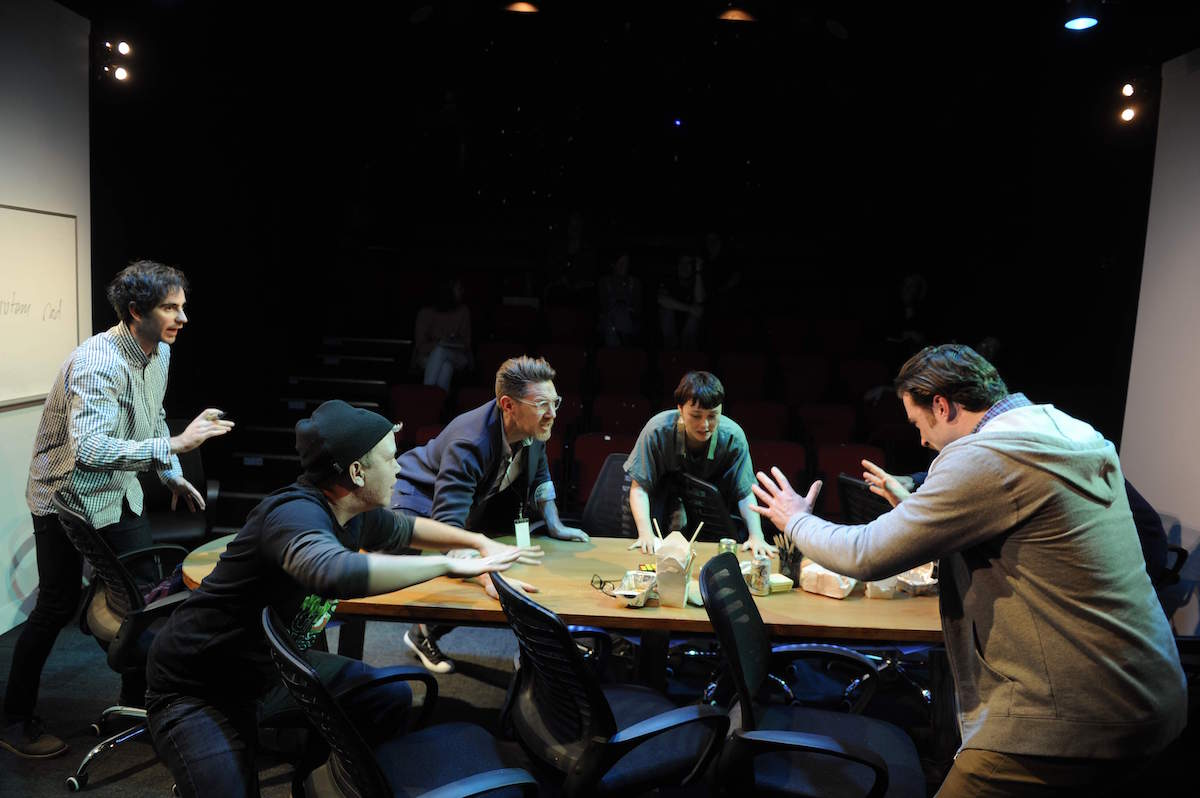
-
Robert Reid wrote a new post 6 years, 8 months ago
Robert Reid on MKA’s A Public Reading of an Unproduced Screenplay about the Death of Walt Disney
Family fun. Not really.The Walt Disney you’ll encounter in MKA Theatre of New Writing’s latest production is […]
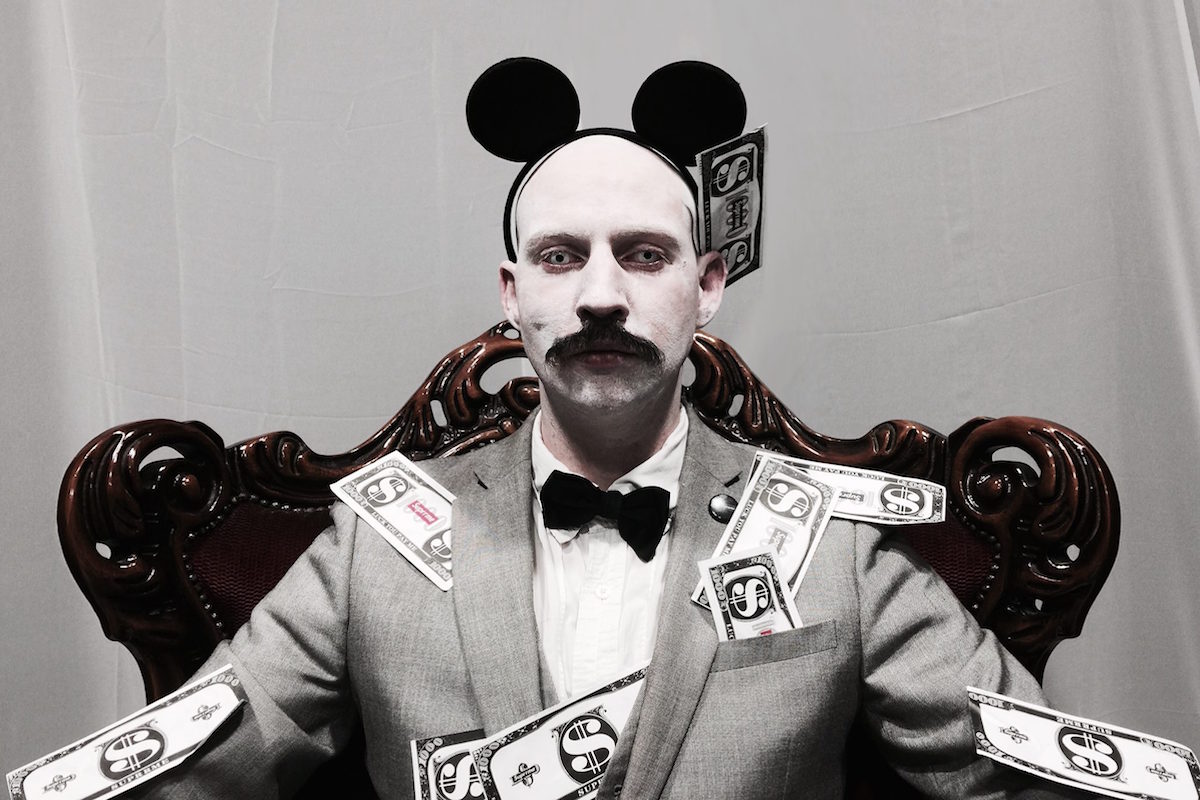
-
Robert Reid wrote a new post 6 years, 8 months ago
“Think it can’t happen again? It’s already happening.” Robert Reid on two unsettlingly timely productions – Robyn Archer’s Dancing on the Volcano and Michael Gurr’s Crazy Brave
“In the dark times will there a […]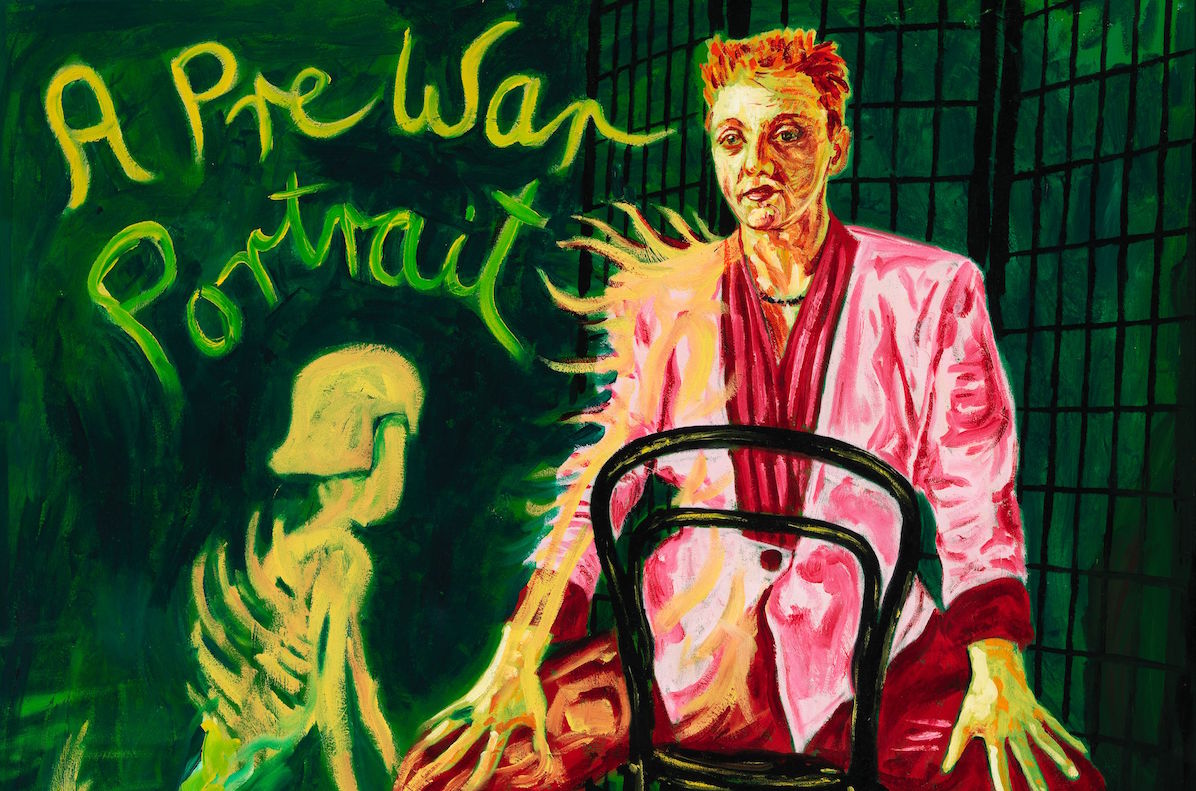
-
Robert Reid wrote a new post 6 years, 9 months ago
Robert Reid reviews Maude and Anni Davey’s retro-futuristic Brave World at Fortyfive Downstairs
The room is alive already, buzzing like a night club: beats pound, people are talking, haze in the air catches the […]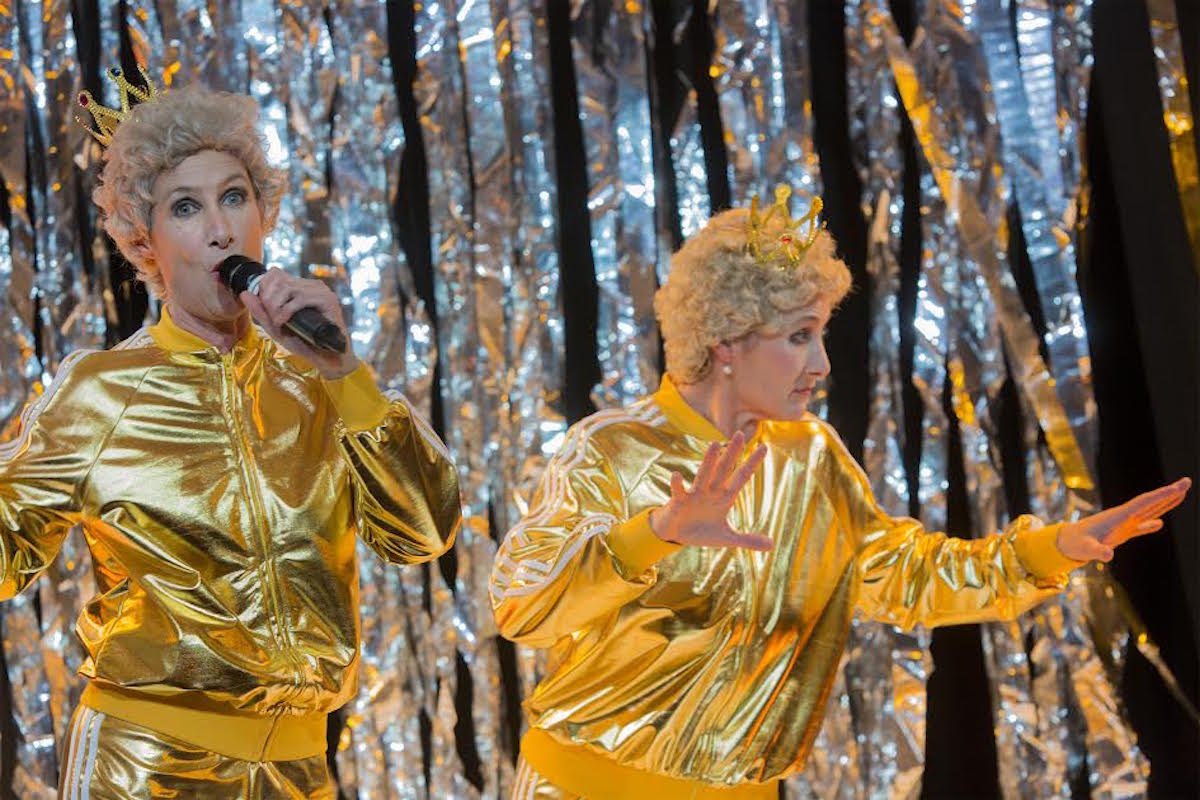
-
Robert Reid commented on the post, Fury: A lot of white noise 6 years, 9 months ago
Hi Sarah
Thanks for taking the time to write in response. Your thoughts really gave me a chance to think about what I’m writing here and a reason to make it explicit so, thank you again. I thought I might share some of it.
I don’t offer my critique as a final word on the matter. I offer it as part of the debate. If the play is the fir…[Read more]
-
Robert Reid wrote a new post 6 years, 9 months ago
It all happens in the ellipses. Robert Reid goes to see Circuz Oz.
I’m currently in a slow conversation over Facebook with David Finnigan about his Lifted Brow article, You’re Going to Get Away With It. […]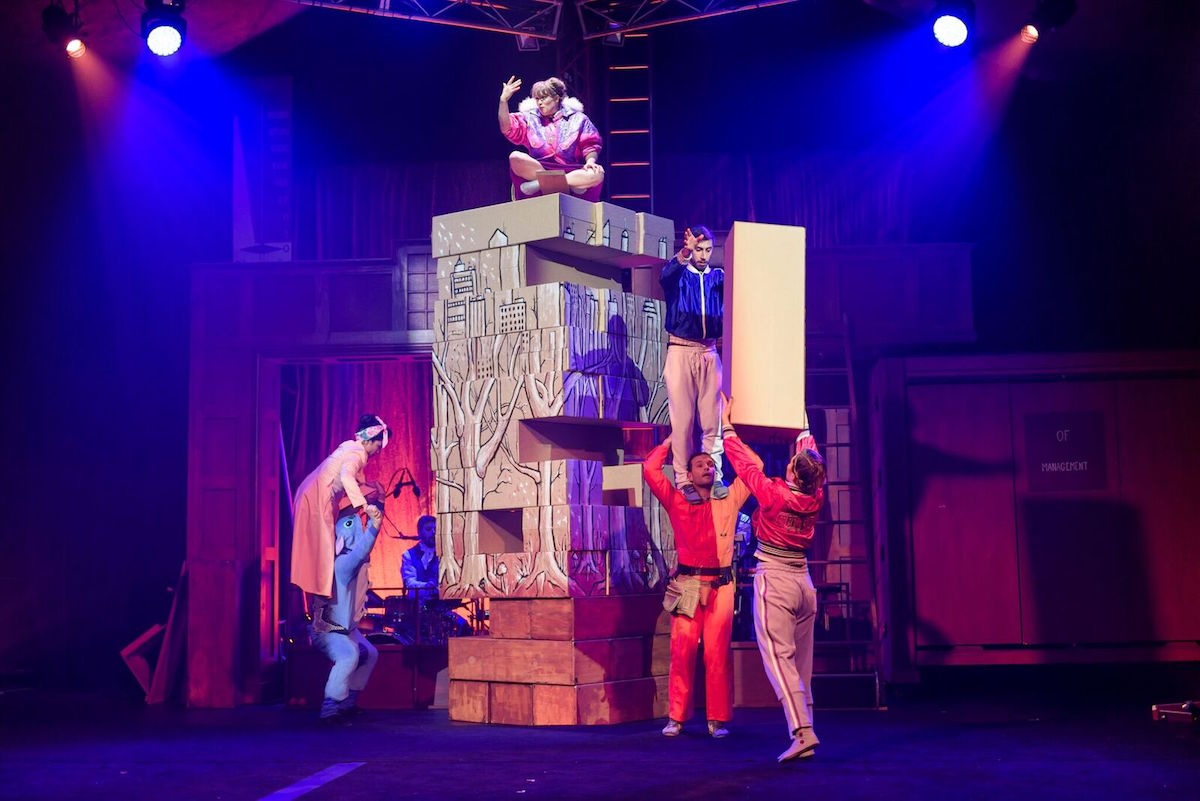
-
Robert Reid commented on the post, Fury: A lot of white noise 6 years, 9 months ago
yeah, i’m finding that i’m feeling that too often in audiences at the moment…. really? that’s what we think is funny?
-
Robert Reid wrote a new post 6 years, 9 months ago
Robert Reid reviews Fury, Joanna Murray-Smith’s exploration of middle-class extremism, and is unimpressed.
White. Noise.So much white on stage. White Walls. White floor. White curtains that don’t quite work […]

-
Re Fury, it did feel rather like being stuck with the sort of neurotic people who are solely focused on themselves. Nobody really made any attempt to listen to the son and how he got to his current state of mind. I was somewhat disturbed by audience laughter at the racism expressed by Evan’s father.
-
There was a fair bit of out-sourcing of middle-class racism to the working classes. I’m pretty sure it was meant to be read ironically, but not entirely sure: and a fair bit of the audience seemed to be going with the unironic reading!
-
-
yeah, i’m finding that i’m feeling that too often in audiences at the moment…. really? that’s what we think is funny?
-
Btw Rob, you missed the bit about how Patrick’s lack of sufficient manliness as a father figure is the fault of his screeching feminist career-driven emasculating wife….!
-
-
I’m in Perth so haven’t seen the production but given Alison’s long essay about theatre criticism and how it often resorts to “commentary that’s all about spectacle at the expense of substance”, I am disappointed to read such disparaging and dismissive comments like “classic patriarchal heteronormative form”. Its pomposity aside, theatre should still be allowed to reflect heteronormative attitudes – they still exist. Classic patriarchy still exists – and its reflection in theatre should be a positive opportunity for debate and discussion not an instant dismissal. Dismissing middle class attitudes as irrelevant is personal commentary at the expense of a substantial critique.
-
Quickly from Alison – all critique is subjective. Whether it’s substantial is arguable. However, I’m not quite sure what your objection is here? Theatre is allowed to (and does) reflect all sorts of heteronormative, patriarchal and middle class attitudes. Equally, it’s not superficial to take issue with such attitudes… In this case, Rob was talking about the ideas in the play: in particular, how the problem presented by the playwright is resolved: ie, according to Rob’s analysis, the boy was vulnerable to extremism because his father wasn’t manly enough in the ways that the working class father was. Which surely is pretty patriarchally heteronormative, as an objective observation rather than an opinion…? I saw the play myself on the weekend, and I’d only add to that analysis that the cause of the father’s lack of manliness is strongly suggested to be his emasculating, narcissistic (careerist and feminist wife), a notion that was certainly underwritten by the performances and direction here. I suspect the script itself might have introduced that idea as ironic, a sense that might have been flattened in the production.
-
Hi Sarah
Thanks for taking the time to write in response. Your thoughts really gave me a chance to think about what I’m writing here and a reason to make it explicit so, thank you again. I thought I might share some of it.
I don’t offer my critique as a final word on the matter. I offer it as part of the debate. If the play is the first part of a conversation, I offer my thoughts on what the experience of the play was like for me as a next part of the conversation (in concert with a number of other voices who also offer their responses as part of a broad critical response to the work) as a part of the debate. I might not have been particularly positive about the production or what it was saying, but I don’t think that makes the debate itself less positive. If it comes across as trying to dominate or shut down the discussion about the work, I’ll try and be clearer in how I’m offering my thoughts in future.
I’m curious about your concerns over my use of the phrase “classic patriarchal heteronormative form”. You seemed to read my use of it as dismissive when for me it was an attempt to descriptive. If you could help me understand how you’re interpreting it, I’d appreciate it.
Like wise, though I was critical of the middle class attitudes expressed in the play, I don’t feel I was dismissive of them. Of course patriarchy and heteronormative attitudes still exist and are free to be reflected on our stages. If they are offered without critique by a work and are just a reflection of it, then I’m inclined to offer my critique of that reflection, commentary and all. If that draws us into a larger debate about the content of the work and the world its’ reflecting, then great.
I’m not as convinced as Alison that Fury was meant ironically. If it was then, for me at least, the joke falls pretty flat. But that’s the fun part of this. How the work reveals the differences in how we see.
If you do get a chance to see it, I’d be interested in hearing what you think of it.
Rob
-
-
Yeah, I suspect “irony” is a misleading word here, and it’s a bit of a stretch to say that I’m convinced.What I mean is that I suspect that the play is intended to be a comprehensive demolition of the very attitudes we’re critiquing, and that in those ways the playwright is conscious of presenting them, and that we’re *supposed* to think critically about the stereotypes that are exposed here. There’s (just) enough pushback in the text (admittedly I haven’t read it) for that to be a feasible thing, or at least, for it to be present as a thought as I was watching: and, whatever your or my critiques of her work might be, JMS is not an unintelligent writer. But in focusing on the couple at the expense of what they were fighting about, which in the end could be anything – the son might as well have shoplifted from a supermarket – it effectively ends up reinforcing the attitudes it seeks to critique. Anyway, that’s one theory.
-
…and, if that is indeed the case, it’s fair to say the production didn’t help in getting that across…
-
-
Robert Reid wrote a new post 6 years, 9 months ago
Video Histories, Episode 4: The National Commercial Era. Before the era of government subsidies, Australian theatre was dominated by a production behemoth, JC Williamson Theatres, or “The Firm”. Originally a New […]

- Load More

Hi Richard, nice article. Did you see Apokalypsis as part of Next Wave this year? The premise – four performers tackling the task of presenting 100 disasters from the Big Bang to present day – was a nuanced, clever and successful reflection of where we are: hurtling towards extinction with more money, power and resource than ever before, but completely overwhelmed by the task at hand.
Hi David – Alison here. We didn’t get to Apokalypsis, which was a huge regret in our Next Wave coverage. (We did our best…) It sounds like a big miss.